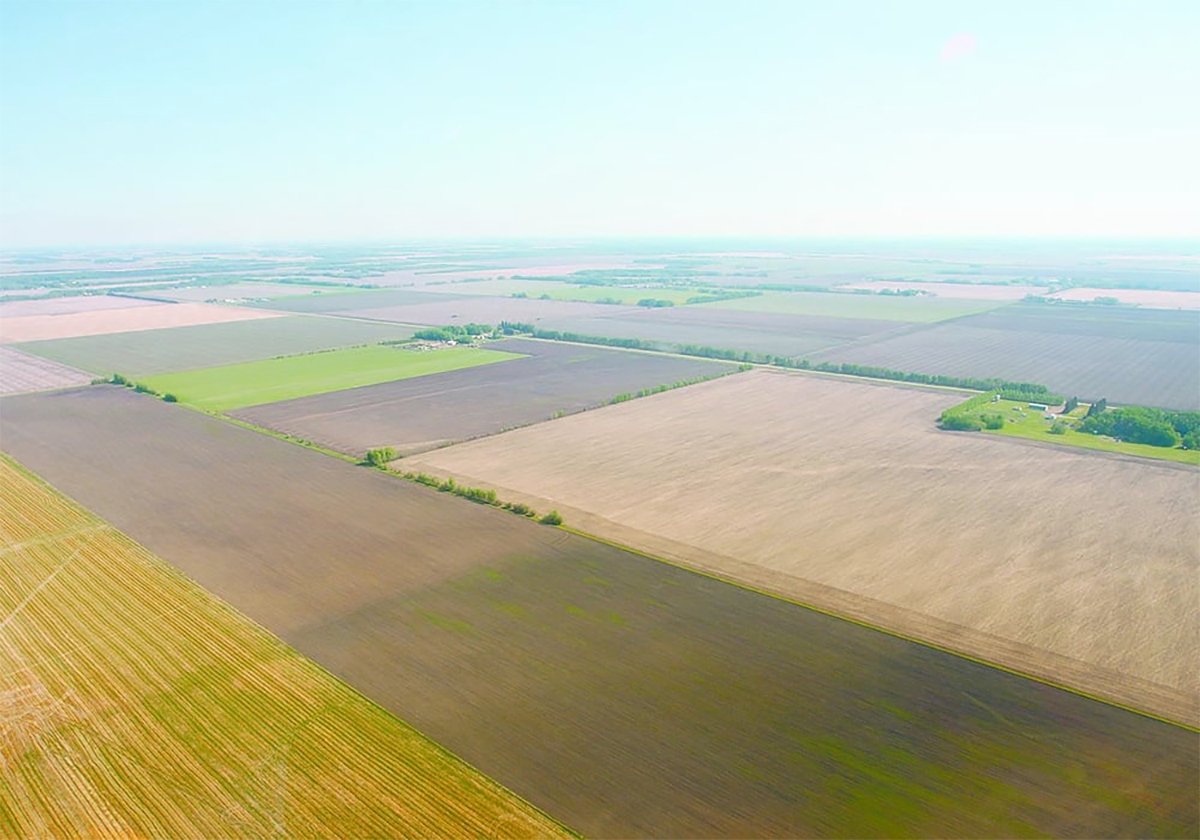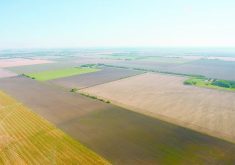Q: We live close to a city and near our yard there is a clump of bushes with willows, chokecherries and saskatoon bushes. City residents start coming in early spring looking for pussy willows, then come the mushroom hunters, followed by the berry pickers. All of this is within sight of our farmhouse. Our property is fenced and posted “no trespassing.” I know you’ve written about trespassing before, but is there anything that can be done?
A: I understand your frustration. In the 14 years I’ve written this column, the questions about trespass have been frequently asked.
Read Also

Saskatchewan amends farm land ownership regulations
The Canada Pension Plan Investment Board can no longer own Saskatchewan farmland.
Let me recap the law on trespass. In civil law, which is court-made rules that allow one person to sue another, trespass is an offence and a landowner can sue a trespasser. The punishment is to award damages to the person who has been wronged. The amount of damages will be the amount of loss the person has suffered, although in rare circumstances the court can award a figure above the actual damages to punish a clear wrongdoing. Obviously, in many instances of trespass the loss is minimal. Also in civil law, the person who has been wronged must sue, and if successful, collect any damages awarded.
Under the Criminal Code, trespassing or loitering at night near a dwelling house is a criminal offence. Otherwise, trespassing is not a criminal offence.
Some provinces have enacted petty trespass acts. In Manitoba, anyone trespassing on enclosed land or on land that they have been asked to leave is guilty of an offence. The maximum penalty is $25. In Alberta, trespassing on land which one has been asked to leave or that is posted “no trespassing” is an offence subject to a fine of up to $100.
There is no such legislation in Saskatchewan, where matters are further complicated by the Wildlife Act and the Snowmobile Act. The Wildlife Act bans hunting on land that has been posted “no trespassing” or “no hunting.” The Snowmobile Act prohibits snowmobiling on private lands in urban areas and in rural areas on lands posted “no trespassing” or “snowmobiles prohibited.” Does this mean that snowmobilers and hunters can trespass on unposted land? I think not. In my view, what the law means is that a hunter or snowmobiler who is on unposted land can’t be prosecuted under the Wildlife Act or the Snowmobile Act. It is a provincial offence in Saskatchewan to hunt or snowmobile on posted lands. Unfortunately, these Saskatchewan acts have created the impression that trespassing is permissible on unposted lands.
Alberta wildlife legislation, on the other hand, makes it an offence to hunt on occupied land without permission. Manitoba legislation is even wider, making it an offence to hunt on private lands without permission.
Should landowners lobby for tougher laws against trespass? I’m not convinced this is the answer. Laws are dependent on police for enforcement. In a recent story on drunk snowmobiling in the Saskatoon Star-Phoenix, an RCMP spokesperson said snowmobiles aren’t always a priority. “The reality is we just can’t be everywhere” he was quoted as saying. Stronger trespass laws are likely to be a low priority.
In my view, there is a public perception that there is a right to wander on private lands. I suggest an education campaign by rural organizations to point out to the public that land rights must be respected. Short of that, I’m not sure there is any easy answer to your dilemma.
Finally, I would caution readers against setting traps or anything else designed to hurt a trespasser. While a trespasser cannot claim against a landowner if they are hurt while on her property, if a landowner deliberately does something knowing that it might hurt a trespasser, she could be liable.
Don Purich is a former practising lawyer who is now involved in publishing, teaching and writing about legal issues. His columns are intended as general advice only. Individuals are encouraged to seek other opinions and/or personal counsel when dealing with legal matters.
















